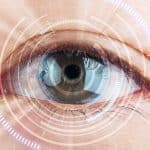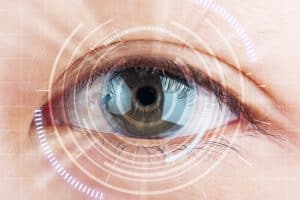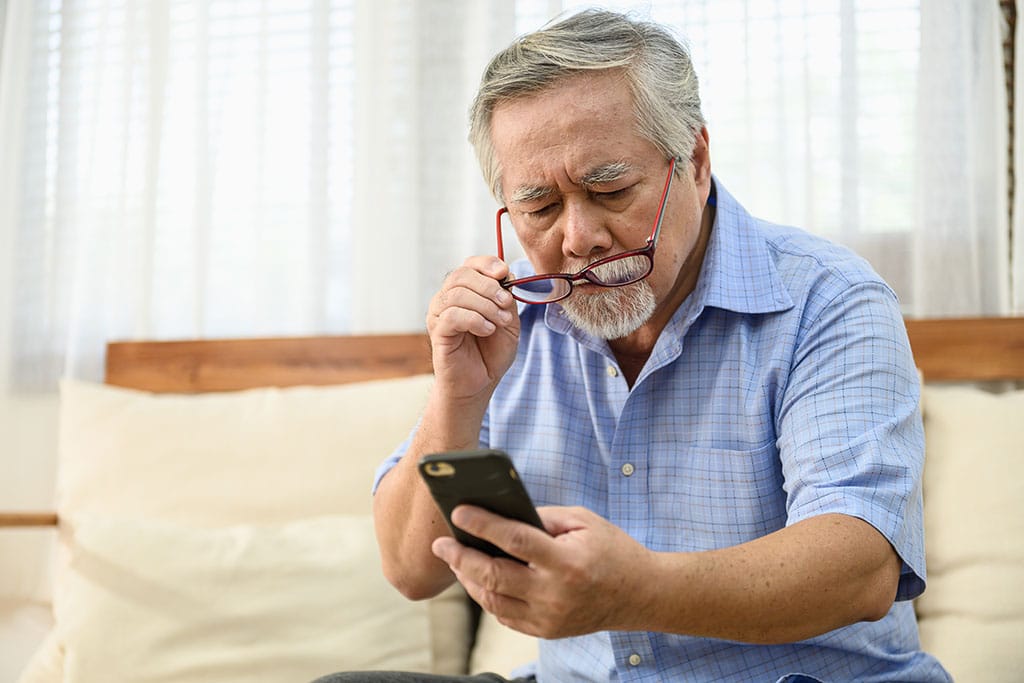Myopia: Symptoms, Prevention and Treatments
Myopia or often referred to as nearsightedness is a condition where someone has difficulty seeing long distances such as seeing traffic signs, writing on the blackboard in front of the class or film shows that look blurry when you are watching a cinema that is far away of your. However, it will be easy to see at close range like reading or looking at a computer monitor screen. Myopia occurs when the corneal condition is thickened so that reflected light/shading objects are not focused on the retina but are far ahead of them. Therefore to overcome this problem the use of visual aids such as glasses, contact lenses or refractive surgery is needed.
What are the symptoms of myopia?
The most obvious symptom is difficulty seeing objects or objects at a great distance, but you can also feel the following:
- Headache
- Feeling tired in the eyes when you see an object that is a few metres in front of you
- Feeling tense in the eyes
- Eyes tired when driving, exercising
When experiencing the symptoms above, you are advised to check your eye condition to the nearest eye clinic so that further treatment can be done.
Prevent myopia
There are several steps you can take to prevent myopia such as:
- Eating vegetables and fruits that contain vitamin A such as; broccoli, carrots, kale, spinach, papaya, melon, star fruit.
- Do regular eye checks
- Read somewhere that is well-lit
- Maintain close viewing activities for a long time without rest
Minimize myopia
These visual difficulties can be treated with some visual aid or by performing refractive surgery.
- Glasses: The way that can be easily done is to use glasses that suit the minus conditions in the eye. You can choose eyeglass frames to your liking. However, the use of glasses when doing sports activities and other high-intensity activities will greatly interfere with its users.
- Softlens: Softlens can be used as an alternative to dealing with minus eyes. The soft form and attached to the eye will really help you do activities with high intensity; sports, diving, driving and others. However, you should give eye drops every few hours to keep the eyes from drying out and have to take them off before going to sleep. Cleaning must also be done with clean hands and using special fluids. So it requires more extra care.
- Refractive Surgery: Refractive surgery can be performed as an option for treating nearsighted eyes. Along with the development of technology, the condition of the eye minus or myopia can be overcome with the help of laser beams. There are several Lasik methods that have been run-up to the most recent methods, namely ReLEx SMILE (Refractive Lenticule Extraction, Small Incision Lenticule Extraction) which does not require the creation of a flap on the cornea that was normally done in the previous LASIK procedure.
The process that takes no more than 10 minutes will make your vision clear again and improve in a relatively short time. Thus, many people who prefer to undergo refractive surgery using glasses or contact lenses.
How to treat myopia?
It is strongly recommended to check routine eye conditions at least once a year to an ophthalmologist. This is done to monitor if there is a change in the minus size suffered.
Another thing that also needs to be considered for those of you who have been doing Lasik surgery is to rest your eyes regularly after a long period of close activity.
Get LASIK Exclusive Prices Online up to 7.5M.
ReLEx® SMILE Vs Conventional LASIK: Advantages and Prices
More Information About FemtoLASIK Surgeries!
More Information About ReLEx® SMILE Surgeries!
Source :














